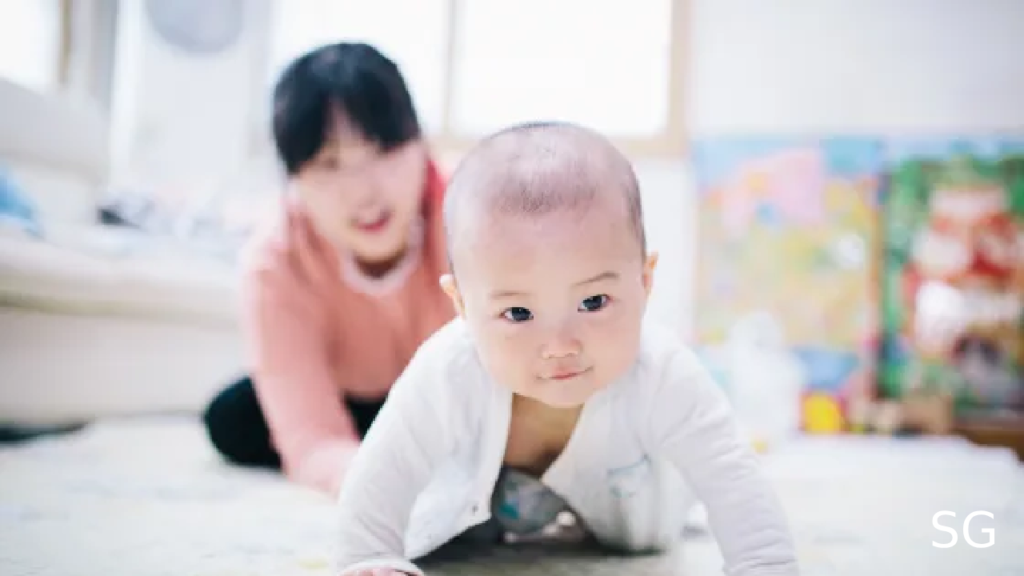Table of Contents

South Korea Sees First Rise in Birthrate in Nine Years
A Shift in Childbirth Trends
South Korea’s birthrate, the lowest in the world, increased in 2024 for the first time in nearly a decade. The rise is attributed to a post-pandemic surge in marriages and policy efforts aimed at encouraging parenthood.
Nam Hyun-jin, a 35-year-old mother of two, noted a societal shift towards supporting childbirth, driven by expanded government policies and corporate initiatives. Her employer introduced a significant childbirth bonus, reflecting a broader trend of businesses incentivizing parenthood.
Addressing the Demographic Crisis
South Korea’s declining birthrate has posed a major threat to economic growth and social welfare. Despite years of investment in family support policies, fertility rates had continued to drop, reaching a record-low of 0.72 in 2023. However, in 2024, the rate climbed to 0.75, marking a potential turning point.
The increase was not only driven by pandemic-delayed marriages but also by a rise in second-child births. Data showed a 12% increase in second newborns and an 11% rise in first-borns during the latter half of 2024.
Government Policy Initiatives
Authorities have shifted from short-term cash incentives to structural reforms. A new ministry was proposed to tackle the demographic crisis, emphasizing work-life balance, childcare, and housing support.
Key policy changes include:
- Full salary payment for six months if both parents take parental leave, up from three months previously.
- Extended parental leave period from one year to 1.5 years.
- Increased paternity leave from 10 days to 20 days.
- Wage coverage for employees in small and medium-sized enterprises during parental leave.
- Mandatory childcare-related disclosures in corporate regulatory filings, with incentives for businesses supporting parenthood.
Role of Businesses in Encouraging Births
Corporate participation has played a crucial role. Several companies have introduced financial incentives for employees having children, with some offering bonuses as high as 100 million won. These measures align with government efforts, including tax exemptions on childbirth bonuses.
The trend has coincided with a rise in marriages, which surged at a record pace in 2024 following a post-pandemic rebound in 2023. A government survey reported a notable increase in positive attitudes toward marriage, reaching the highest level since 2014.
Challenges and Future Outlook
Despite the progress, obstacles remain. Many younger South Koreans still view marriage and parenthood as financially burdensome. The country also has one of the highest rates of temporary workers among developed nations, making economic stability a challenge for prospective parents.
Experts emphasize the need for continued efforts, particularly in ensuring support reaches all sectors of the workforce. While government investments in childcare have been substantial, corporate policies must further evolve to create a family-friendly work culture.
With South Korea aiming to raise its fertility rate to 1 by 2030, continued reforms and corporate participation will be crucial in sustaining this upward trend.
“South Korea Sees First Rise in Birthrate in Nine Years” “South Korea Sees First Rise in Birthrate in Nine Years” “South Korea Sees First Rise in Birthrate in Nine Years” “South Korea Sees First Rise in Birthrate in Nine Years”